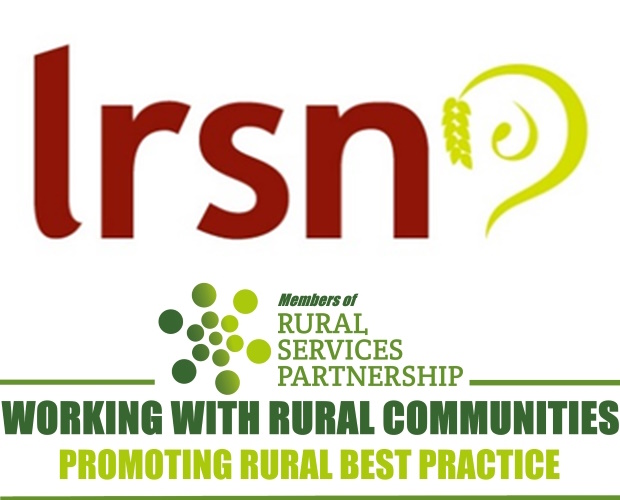T: 01822 851370 E: [email protected]
Visit RSN Survey about life in rural England to find out more.
LRSN are looking for energetic, flexible, and outgoing individuals with experience of working with young people to deliver our exciting new project Fit for the Future. No two days are the same at LRSN, so if you are looking for...
The Lincolnshire Rural Support Network (LRSN) which supports farming and horticultural communities has said it had seen a 90% increase to its helpline in a year – taking 171 calls in total in the last financial year. Publishing its annual...
For over 20 years LRSN (Lincolnshire Rural Support Network) have provided pastoral and practical help to Lincolnshire’s farming and rural families. We are Lincolnshire’s Listening ear – we understand and can relate to the problems faced by our rural community...
LRSN was established in 1999 as a resource for the county’s rural communities and businesses in response to the plight of the farming community and the increased rates of suicide and mental health issues associated with an industry in crisis....
NEWSLETTER
Sign up to receive all our latest news and updates.
HOT TOPICS
Amid reduced public spending, fair resource allocation across regions is crucial. Despite a population larger than Greater London, rural areas receive significantly less funding for essential services, even though delivering these services in rural areas is more expensive.
Economic growth is widely acknowledged as essential for national wealth and prosperity and is a priority for political parties. Rural economies, employing millions and home to a higher proportion of small businesses, have potential for growth if barriers are removed.
Rural residents face distinct healthcare challenges, including limited access to transport, longer distances to medical facilities, an aging demographic, housing inadequacies, digital connectivity gaps, and difficulties recruiting health and care workers.
Rural communities are grappling with a severe affordable housing crisis, marked by high house prices, a lack of affordable housing, elevated living costs, and lower incomes, threatening their sustainability and vitality.
Transport is vital for the quality of life and economic health of rural areas, yet it faces challenges such as infrequent public bus services and less Government funding compared to urban regions.
Rural areas, encompassing a substantial portion of England's population and land, play a pivotal role in combating climate change and achieving the net zero target.
In an increasingly digital world, the lack of robust digital infrastructure in rural areas severely limits access to crucial services and stifles economic growth.
A future-focused vision for rural communities involves not just building the right homes in the right places but also ensuring thriving, sustainable communities.
SIGN UP TO OUR NEWSLETTER
Sign up to our newsletter to receive all the latest news and updates.






